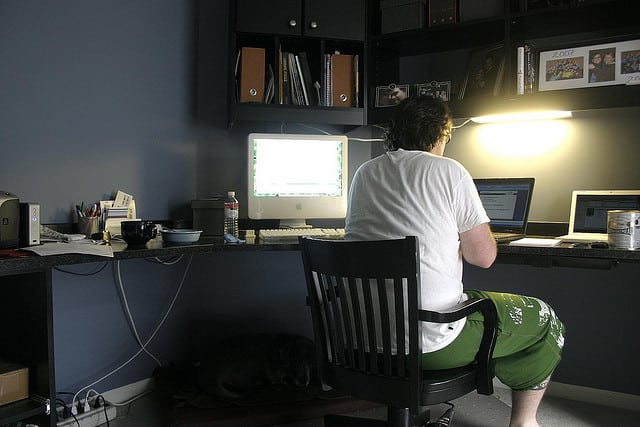This article was last updated on April 18, 2022
Everyone procrastinates from time to time. For some people, though, procrastination seems more of a problem that borders on a way of life. But in addition to a lot of good information out there that seeks to help people overcome chronic procrastination and achieve more productive lives, there are some myths and misconceptions that can actually hinder our progress. So here are the..
5 Most Common Myths Of Procrastination
It’s just a problem of poor time-management
Procrastination doesn’t really have anything in common with your time management. It is primarily an issue with self-management and respect. Namely, respect for other people’s time.
This can be a matter of values. Rather than being a person who values getting things done as quickly as possible, and the rewards that being early brings, they are more preoccupied with avoiding punishment for being late.
It’s a problem with low self-esteem
It is a popular misconception that chronic procrastinators are simply people who don’t feel like they are equal to the task, for whatever reason. Whether it’s because they lack the qualifications, education, or credentials they feel are necessary, is the common thought.
Instead, according to Joseph Ferrari, author of Still Procrastinating: The No-Regrets Guide to Getting It Done, procrastinators are more likely to say, “If I never finish a task, you can’t judge me as being incompetent.” According to Ferrari, these people put off completing tasks not because they feel they can’t do the job, but because they don’t want to be judged negatively as inferior or inadequate by others if they fail. It seems that they would almost prefer it if others thought of them as lazy.
It’s a matter of delaying a decision in favor of gathering more evidence
While wise leaders do make certain they have enough information to make an informed decision, that is not the case with most procrastinators. In fact, people who procrastinate are generally trying to avoid having to make any decision at all. And usually it is the case that if you put off making a decision long enough, one will be made for you by default.
It is a way of deflecting responsibility for whatever outcome may occur. In essence, it stems from the procrastinator’s inability to make up their mind. For whatever reason, they are overwhelmed with the prospect of making a decision, and procrastination is their way of dealing with it.
It’s a symptom of leading a busy life
It is a popular notion that our lives today are busier than the lives of people who lived hundreds of years ago. It is also an incorrect notion. Whether we are hunting for our dinner in an office or in the field, people have always had to hustle from dawn to dark. In fact, the case could be made that many modern conveniences have allowed us to relax more by freeing us from many menial tasks.
My parents were procrastinators, so I am a procrastinator, too
Unfortunately, this is one flaw that we can’t blame on our parents. Procrastination is not passed on through our genes and we don’t get it from our mom or a flaky grandparent. Rather, it is a behavior that we acquire over time, all on our own.
Read also: How to Stop Procrastinating in 5 Simple Steps
The other unfortunate part of blaming procrastination on genetics is that it is a way of telling the procrastinator that there is no need for them to have to change their ways and develop better habits, because it’s not their fault.
Photo credit: Shane Adams




